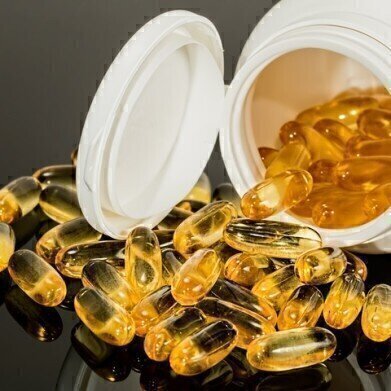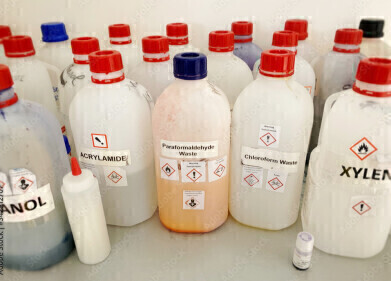Supercritical fluid (SFC), Green Chromatography
Is Krill Oil the Latest Superfood?
Oct 14 2016
Over the past couple of decades, the importance of choline has been the focal point of a lot of research with many studies suggest we need it. Indeed, the Institute of Medicine added it to the list of essential nutrients in 1998. So choline is apparently an essential part of optimising your health.
The problem? Our bodies can’t produce enough. A tiny bit is produced by the liver, but we need to be putting the rest in through eating choline containing foods. Read on for how you can get your fix of choline.
The role of choline
So what does choline actually do in our bodies? Basically, it plays a key role in structuring our cells. The cell membranes need choline for their structural integrity and signalling purposes. A lack of choline can lead to liver and kidney problems. Consequently, the most at-risk group for choline deficiency are people who need these organs the most. Namely, athletes and big drinkers.
One of the most commonly eaten and readily available sources of choline are eggs. They are a rich source of choline, with over a hundred milligrams of the stuff in a single egg. Given their role in the body, it won’t be a shock that beef liver is also a rich source of choline. Soya beans are another little addition to your diet that could give you a choline boost.
A new rich source of choline — krill oil
However, scientists have discovered a source of choline that’s not so conventional, but that might be far richer than the rest. High performance liquid chromatography-electrospray tandem mass spectrometry was used to analyse the phospholipids in krill oil, as discussed in the journal Lipids. The team from the University of Oslo, Norway, carried out the work to map the choline-containing phospholipids classes. Krill oil is seen as an emerging source for human nutritional supplements.
Including stereoisomers, the team identified 69 choline containing phospholipids and identified the oil as being a potentially good source of choline — although they admit that the method, particularly the standard used, could have been improved. The team also confirmed the presence of long chained unsaturated fatty acids — like omega-3 fatty acids — the type we should all be eating to improve our health.
More of the same
Chromatography allows scientists to separate samples into individual components, which provides us with useful nutritional information to make informed choices in the foods we choose to eat. Fish oils play an important role in that diet — whether through supplements or preferably through eating fresh fish. The analysis of fish oils using chromatography is discussed in the article, Qualitative Analysis of Triglycerides in a Fish Oil using Supercritical Fluid Chromatography (SFC) with a Quadrupole Time of Flight Mass Spectrometer.
Events
Jan 20 2025 Amsterdam, Netherlands
Feb 03 2025 Dubai, UAE
Feb 05 2025 Guangzhou, China
Mar 01 2025 Boston, MA, USA
Mar 04 2025 Berlin, Germany














